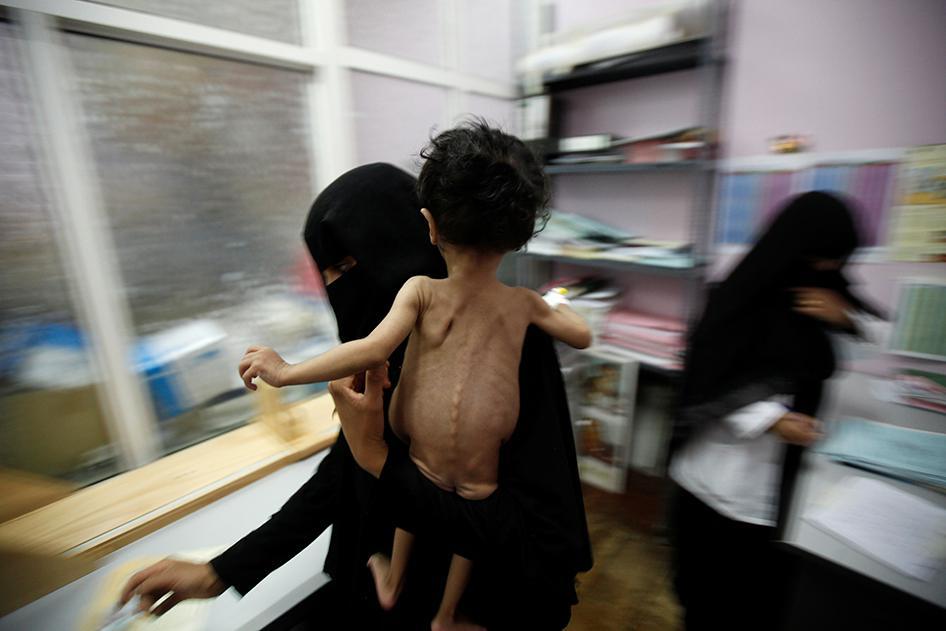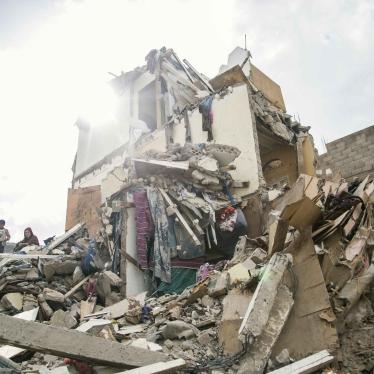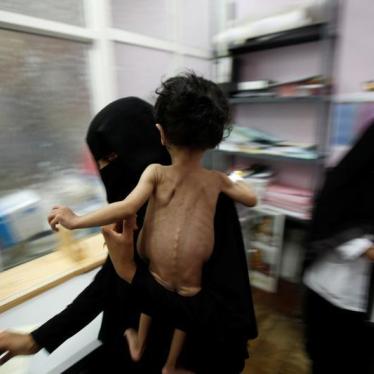Today, the United Nations Security Council will hold an emergency meeting on the dire humanitarian situation in Yemen. Their discussion comes days after the Saudi-led coalition announced it would “temporarily” close all sea, land, and air entry into the country.
The Saudis claim that humanitarian aid will still be allowed into Yemen “in accordance with the Coalition’s updated procedures.” But UN humanitarian flights were put on hold on Monday. UN boats are not allowed to sail. All commercial flights remain grounded.
This, in a country where more than 7 million people are on the brink of famine, the International Committee of the Red Cross expects a million will be suffering from cholera by year’s end and the health system has all but collapsed.
The truth is that the coalition’s existing restrictions on imports have already left Yemenis without the humanitarian assistance they desperately need. The coalition has delayed and diverted fuel tankers, closed a critical port, shut down the country’s main airport for more than a year, blocked rights groups from entering the country, and repeatedly interfered with UN flights carrying humanitarian workers. Adding more restrictive “updated procedures” just adds insult to injury.
The laws of war allow for military blockades but not when they have a disproportionate impact on the civilian population compared to any military advantage. And they cannot be intended to starve the population. UN spokesman Stephane Dujarric warned yesterday that the Saudi-led blockade “has had a tremendously negative impact on a situation that is already catastrophic.”
Houthi-Saleh forces, who control the capital, Sanaa, and much of the country, have also violated the laws of war by blocking rather than facilitating humanitarian aid to civilians, adding significantly to the harm suffered by the civilian population.
So, what’s to be done?
One solution is for the UN to respond to this unlawful obstructionism by leveraging the sanctions authority it already has. Security Council members should use today’s discussion to warn that sanctions can be imposed for interfering with the delivery of humanitarian assistance and to ask the UN’s Yemen Panel of Experts to provide a special update singling out the individuals responsible for blocking aid. Security Council resolution 2216 explicitly allows for people to be sanctioned if they “obstruct the delivery of humanitarian assistance to Yemen.”
It’s time to put that threat into action.










